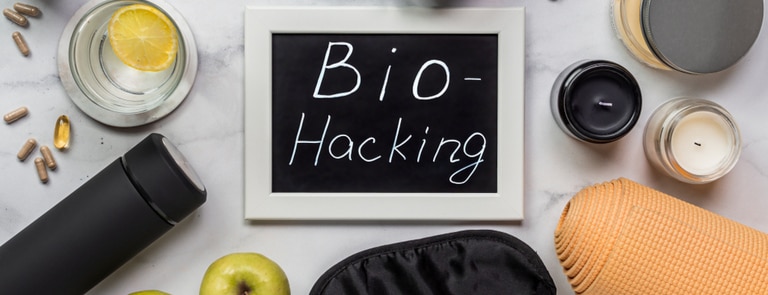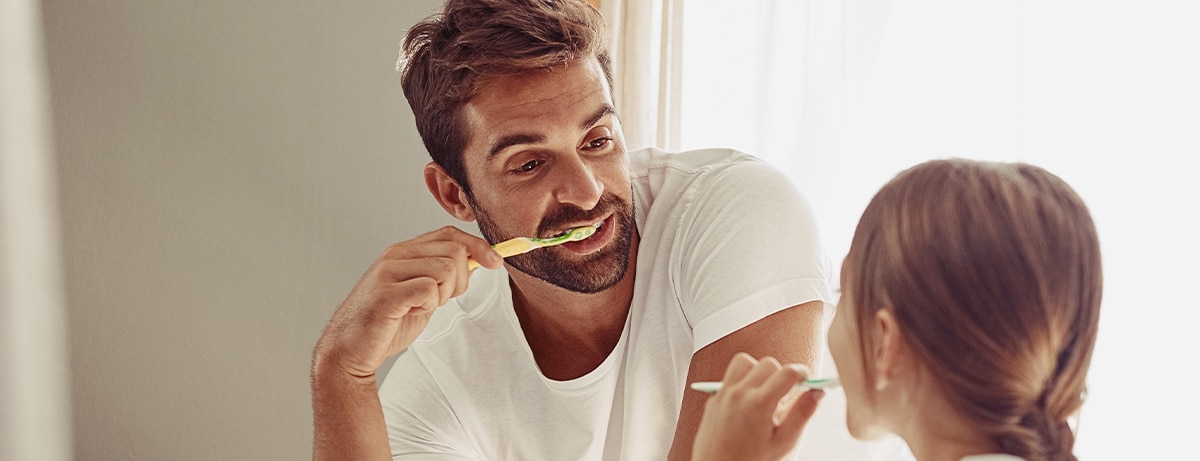15% off €25
How to deal with warts on hands and fingers

Summary
1What are warts?
Warts are small, raised bumps that form on your skin. It’s possible to gets warts on hands, on fingers, and on other parts of your body too.
2Who gets warts?
Children and teenagers are more prone to getting warts, so too are people who bite their nails.
3What causes warts?
Warts are caused by the Human Papilloma Virus (HPV). The virus can get into the body through a cut or scrape.
We’re all prone to getting warts. Interestingly, younger people are more likely to get them than adults.
It’s estimated that 1 in 3 children and teenagers have warts compared to 3 to 5% of adults. Younger people are potentially more susceptible to getting warts because their immune systems haven’t fully developed.1
Want to know more about warts? We’ve done our wart research and have answered all sorts of common wart-related questions below. Take a look…
What are warts?
Who gets warts?
What causes warts?
Does a wart on your finger mean you have HPV?
What does a wart look like?
- Be firm and rough.
- Appear on palms, knuckles, knees and fingers.
- Be round and flat.
- Or look bumpy and raised.
- Develop in clusters, most commonly on feet and hands.
- Be flesh coloured.
- Or look brown or yellow.
- Resemble calluses or corns (plantar warts in particular).
- Look like long, narrow columns of flesh that stick out from the skin (e.g, filiform warts).
- Can contain tiny black dots, which are mini blood clots that look like seeds (mainly associated with common warts).
Are there different types of warts?
Are warts on your finger and hands the same?
Are warts contagious?
- Don't share towels, flannels, socks or shoes if you have a wart or verruca.
- Do avoid shaving over the wart due to the fact this causes microtears that can easily transfer warts from one area to another.
- Don't bite your nails or put fingers in your mouth that have warts on them (the virus can quickly spread from your hands to your face).
- Do cover your warts up with a plaster or bandage, depending on the size, to prevent them from spreading to other parts of your body or to other people (e.g. when you shake hands or touch or use their phone).
- Don't walk barefoot in public places if you’ve got a verruca.
- Do wash your hands thoroughly immediately after touching your wart(s) to avoid developing more or passing them on to others.
- Don't scratch or pick at your wart as it may cause it to spread.
- Do wash your hands thoroughly immediately after touching your wart(s) to minimise your chance of getting more or passing them to other people.
- Don’t avoid taking appropriate measures to treat your warts (more on this below). Wart treatments can help clear up your warts more quickly.
What happens if you don’t treat a wart?
Takeaway
- https://www.aad.org/public/diseases/a-z/warts-causes
- https://www.healthline.com/health/skin/warts
- https://www.nhsinform.scot/illnesses-and-conditions/skin-hair-and-nails/warts-and-verrucas
- https://www.mayoclinic.org/diseases-conditions/common-warts/symptoms-causes/syc-20371125
- https://www.webmd.com/skin-problems-and-treatments/ss/slideshow-warts
- https://www.nhs.uk/conditions/warts-and-verrucas/
- https://www.nhs.uk/conditions/warts-and-verrucas/
- https://www.nhs.uk/conditions/warts-and-verrucas/
- https://www.webmd.com/skin-problems-and-treatments/warts-faq-questions-answers
- https://www.webmd.com/skin-problems-and-treatments/features/viruses-cause-skin-warts
- https://www.webmd.com/skin-problems-and-treatments/features/viruses-cause-skin-warts
- https://ada.com/conditions/common-warts/
- https://www.medicalnewstoday.com/articles/155039#treatment
- https://www.verywellhealth.com/warts-pictures-4020249
- https://www.medicalnewstoday.com/articles/155039#treatment
- https://ada.com/conditions/common-warts/
- https://www.aad.org/public/diseases/a-z/warts-heal
- https://www.healthline.com/health/home-remedies-for-warts



